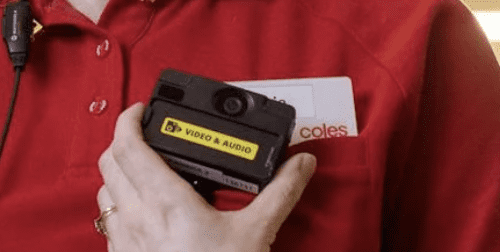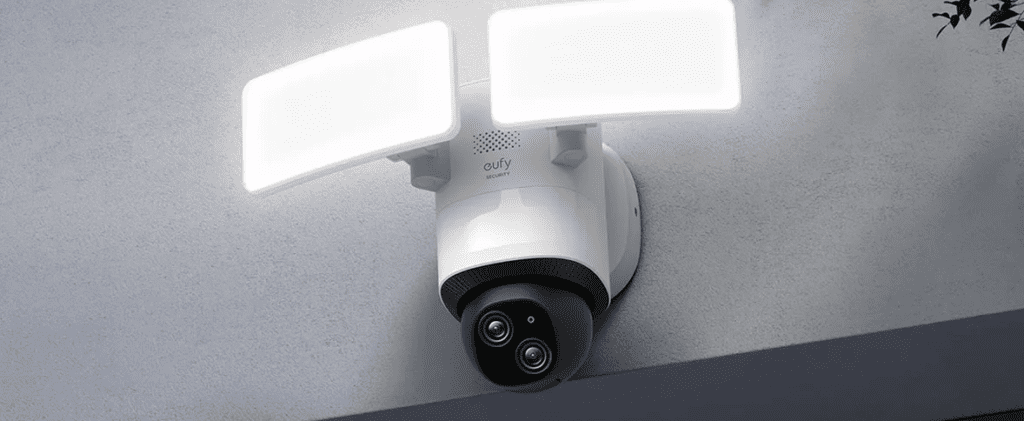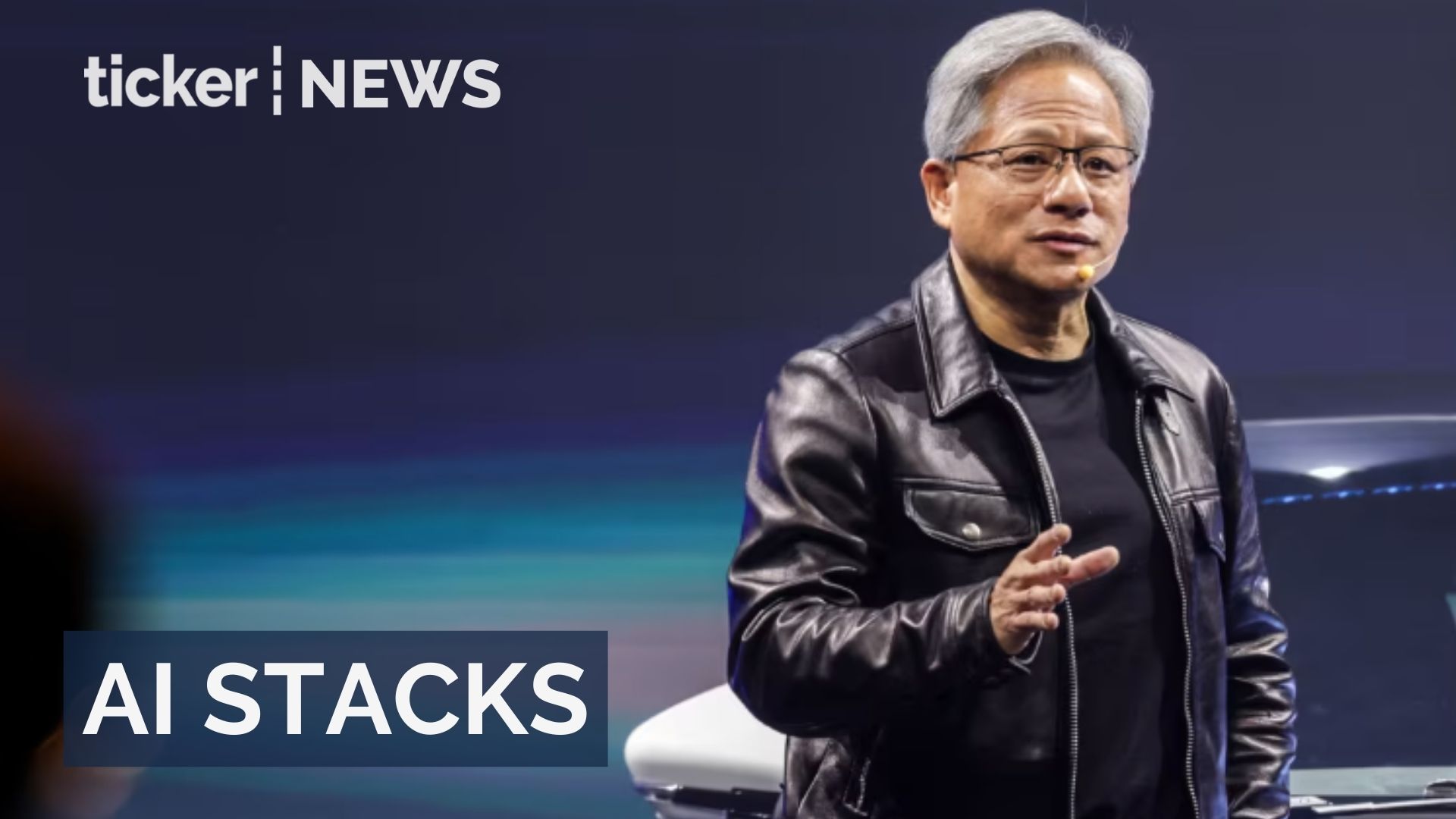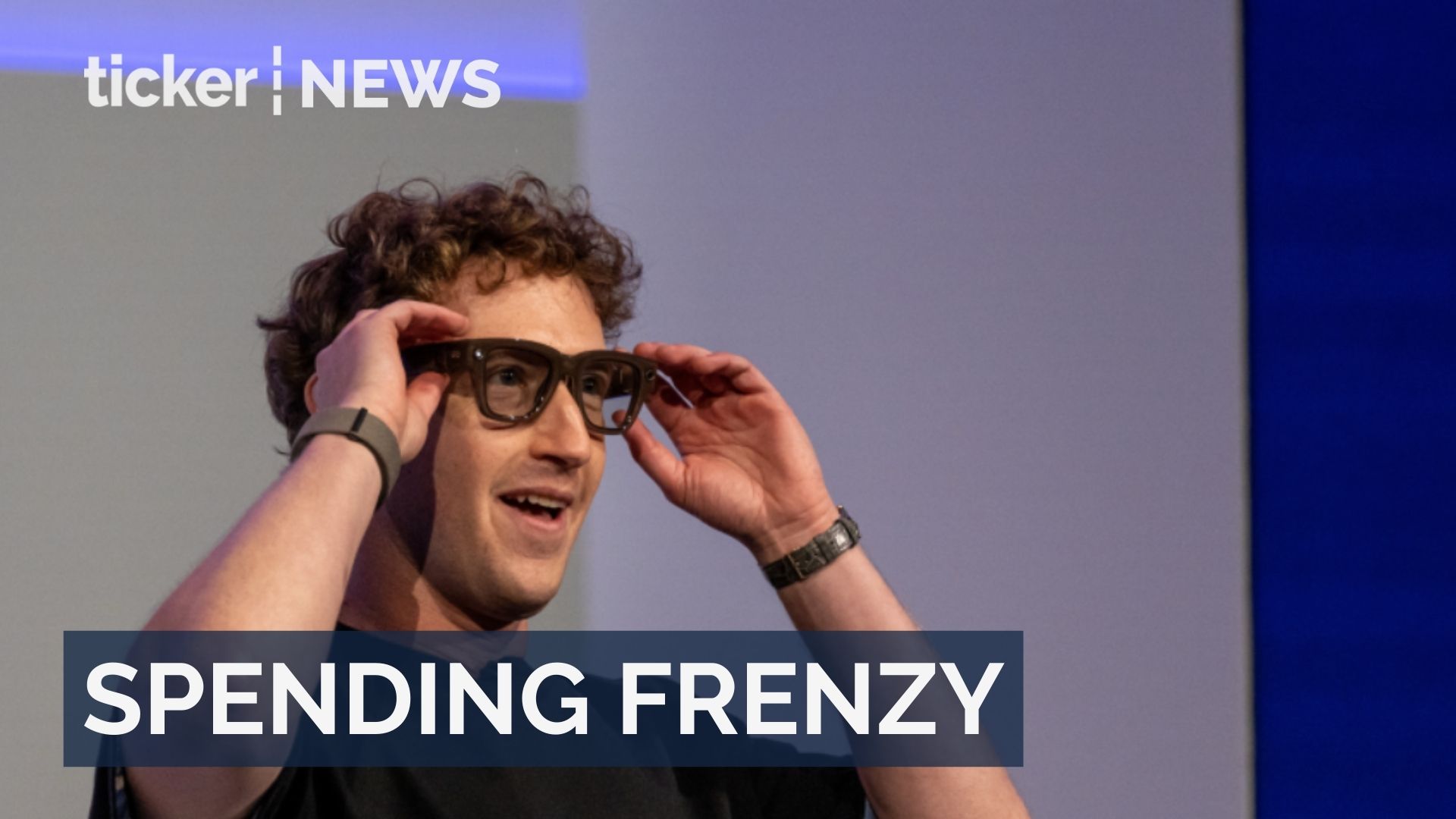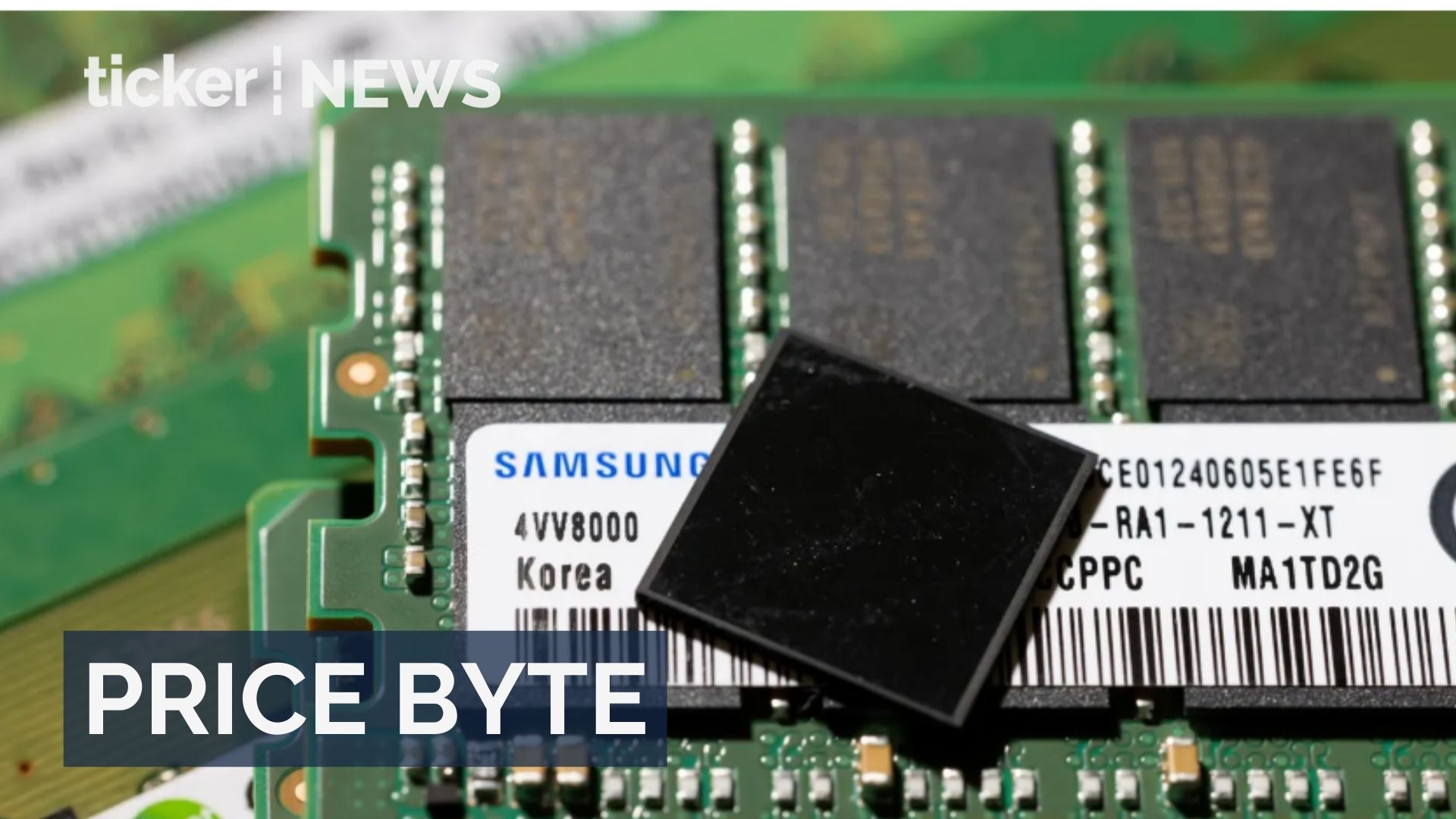Tech
The surge of urban surveillance
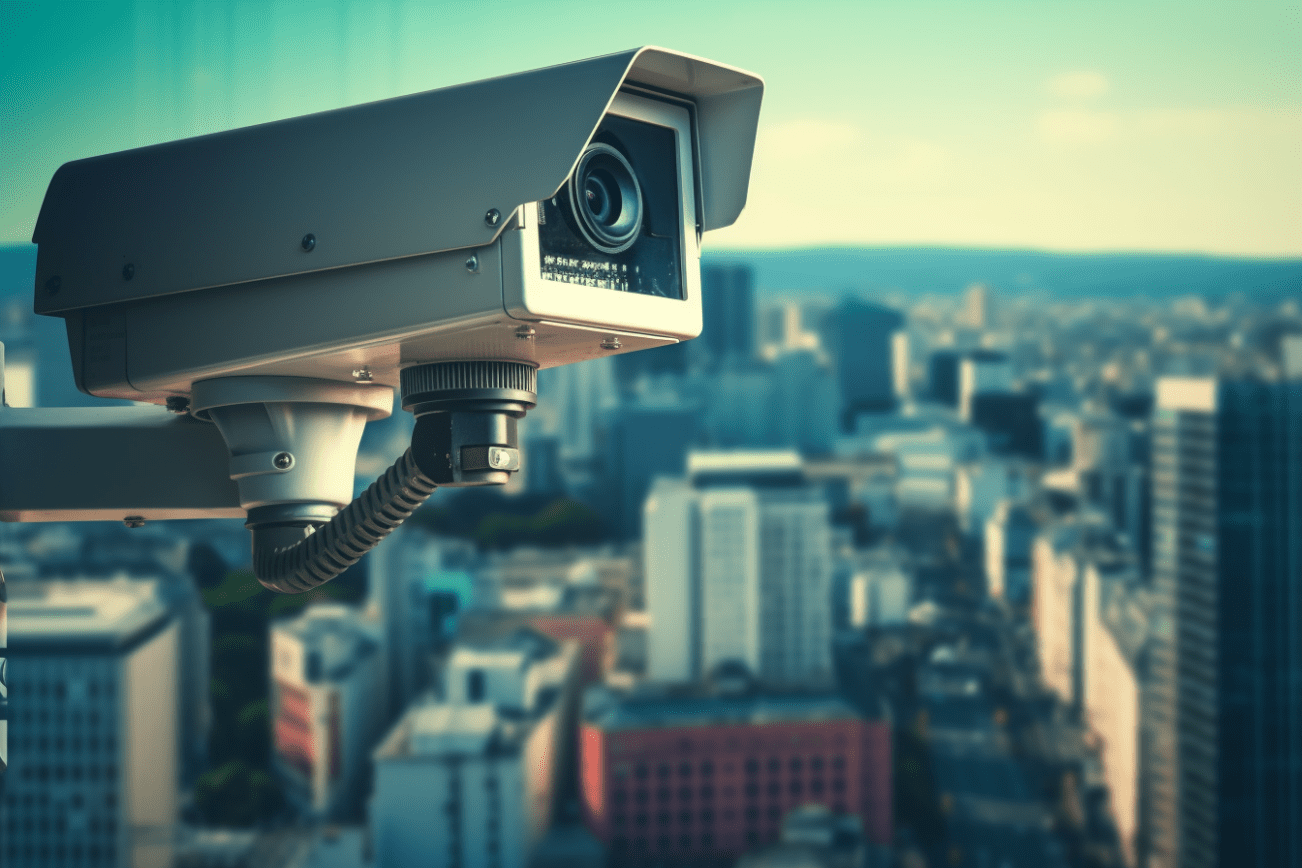
Tech
Nvidia and Amazon explore massive OpenAI funding round
Nvidia CEO downplays $100B OpenAI investment, as Amazon eyes $50B stake in AI startup
News
Big Tech earnings spark investor unease over AI spending
Investors monitor Big Tech’s AI investments, with Meta thriving while Microsoft and Tesla face uncertainty over growth and returns.
Tech
Memory shortages and rising prices could persist through 2027
Memory chip supply tight, prices high; Lenovo warns rising costs impact budget devices amid strong PC demand from Windows 11.
-



 Ticker Views4 days ago
Ticker Views4 days agoHow Iran is powering Russia’s next generation drone war
-

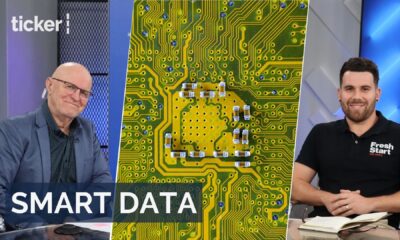

 Shows15 hours ago
Shows15 hours agoHow AI is transforming real estate investment strategies
-



 News4 days ago
News4 days agoBig Tech earnings spark investor unease over AI spending
-

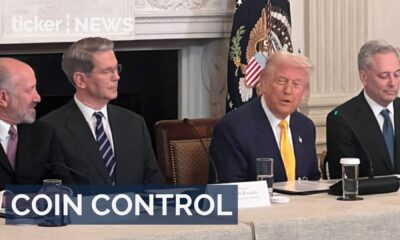

 Crypto5 days ago
Crypto5 days agoWhite House holds talks with crypto and banking executives on new rules
-



 Ticker Views5 days ago
Ticker Views5 days agoAustralia inflation, USD volatility and Fed dissent explained
-



 Money3 days ago
Money3 days agoU.S. dollar weakens while Australian dollar rises amid global market shifts
-

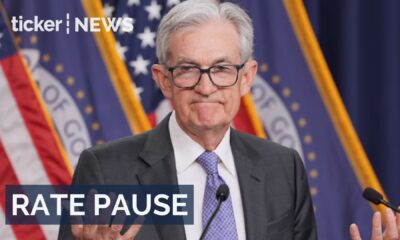

 News5 days ago
News5 days agoFederal Reserve holds interest rates amid economic uncertainty
-



 News5 days ago
News5 days agoTrump warns Iran as U.S. naval forces approach amid rising tensions



